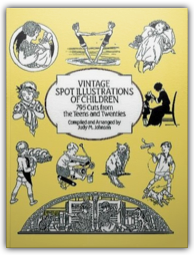
Rare and charming spots from authentic periodicals of the 1910s and ’20s include a wealth of royalty-free vignettes of a child’s world: children reading, playing games, in school, doing chores, playing the piano, at meals, and in hundreds of other settings and situations. 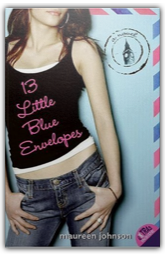
Inside little blue envelope 1 are $1,000 and instructions to buy a plane ticket. 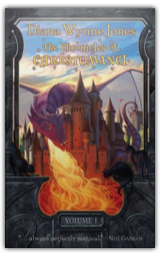
In this multiple parallel universes of the Twelve Related Worlds, only an enchanter with nine lives is powerful enough to control the rampant misuse of magic—and to hold the title Chrestomanci... 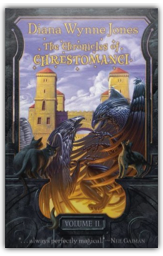
In this multiple parallel universes of the Twelve Related Worlds, only an enchanter with nine lives is powerful enough to control the rampant misuse of magic — and to hold the title Chrestomanci... 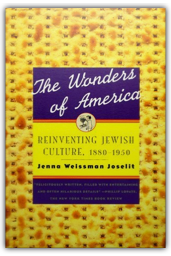
Winner of the National Jewish Book Award Photographs, index. 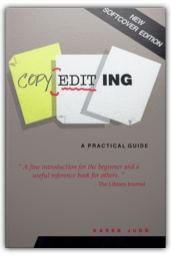
"Every item intended for reading should be copyedited," says Karen Judd: books and periodicals, of course, but also appliance instructions and menus. Strange, then, that Judd's Copyediting is one of the few resources on the subject, but no matter. It's a terrific guidebook. Judd takes on all aspects of copyediting with startling authority, from copyediting symbols to advice on getting work. Intervening chapters cover punctuation and grammar, spelling, style and word usage, numbers and abbreviations, specialized copyediting, proofreading, and more. "Copyeditors ... know that Massachusetts is a commonwealth, not a state," says Judd. "They would know exactly how to address the pope if they met him. They don't mind going back over 1,000 manuscript pages because they have just decided to spell out numbers up to 100 after all." While they need not be good spellers or trivia buffs, they need to know when to look up a word or fact. And, though copyeditors tend to be stringent about the uses and abuses of language, "Copyediting means doing what the publisher wants, whether you agree with it or not." —Jane Steinberg 
"It seems to me that almost everything is a waste of time," Milo laments. "[T]here's nothing for me to do, nowhere I'd care to go, and hardly anything worth seeing." This bored, bored young protagonist who can't see the point to anything is knocked out of his glum humdrum by the sudden and curious appearance of a tollbooth in his bedroom. Since Milo has absolutely nothing better to do, he dusts off his toy car, pays the toll, and drives through. What ensues is a journey of mythic proportions, during which Milo encounters countless odd characters who are anything but dull. |
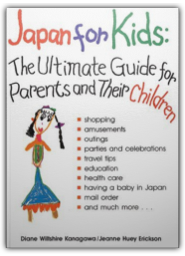
A guide to entertaining and raising children in Japan, written by long-term residents. Ideas for rainy days, shopping, amusments, parties and celebrations, local travel, health care and education are included. 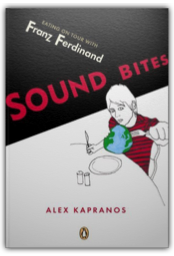
The lead singer of the acclaimed, platinum-selling group Franz Ferdinand takes readers on a rock-and-roll culinary adventure around the world 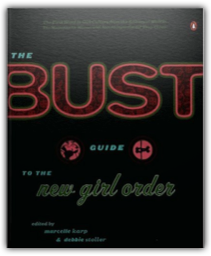
"In BUST we've captured the voice of a brave new girl: one that is raw and real, straightforward and sarcastic, smart and silly, and liberally sprinkled with references to our own Girl Culture." So say Marcelle Karp and Debbie Stoller, smart, sassy founders of BUST ("the magazine for women with something to get off their chests"), and editors of this funky, fabulous, neofeminist manifesto. The Guide to the New Girl Order collects the best of BUST, including thoughtful articles, personal essays, and racy rants about anything from abortion to the lameness of the Lifetime television network. In their own words, they address "that shared set of female experiences that includes Barbies and blowjobs, sexism and shoplifting, Vogue and vaginas." 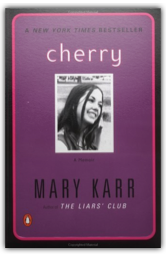
As a girl idling her way through long, toxically boring summer afternoons in Leechfield, Texas, Mary Karr dreamed up an unusual career for herself, "to write one-half poetry and one-half autobiography." She has since done both, and even when she's recounting a dirty joke, she can't help but employ a poet's precise and musical vision. Her first memoir, The Liar's Club, was as searing a chronicle of family life as can be imagined—tough, funny, and crackling with sorrow and wit. Against all odds, its sequel doesn't disappoint. Cherry finds the teenage Mary still marooned in a family whose behavior ranges from charmingly eccentric to dangerously crazy. (This, for instance, is the Karr version of a note from home: "Lecia Karr's leprosy kicked in, and I had to wrap her limbs in balm and hyssop. Please excuse her.") But here the focus has shifted to Mary herself, furiously engaged in pissing off authority at every turn: flouting the dress code, dropping acid, running from the cops, falling in love. 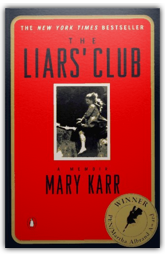
In this funny, razor-edged memoir, Mary Karr, a prize-winning poet and critic, looks back at her upbringing in a swampy East Texas refinery town with a volatile, defiantly loving family. She recalls her painter mother, seven times married, whose outlaw spirit could tip into psychosis; a fist-swinging father who spun tales with his cronies—dubbed the Liars' Club; and a neighborhood rape when she was eight. An inheritance was squandered, endless bottles emptied, and guns leveled at the deserving and undeserving. With a raw authenticity stripped of self-pity and a poet's eye for the lyrical detail, Karr shows us a "terrific family of liars and drunks ... redeemed by a slow unearthing of truth." |

My Library
Collection Total:
1390 Items
1390 Items
Last Updated:
Mar 22, 2009
Mar 22, 2009

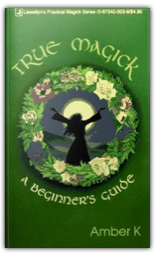
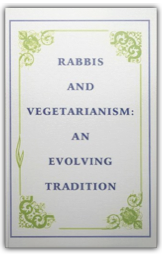
 Made with Delicious Library
Made with Delicious Library